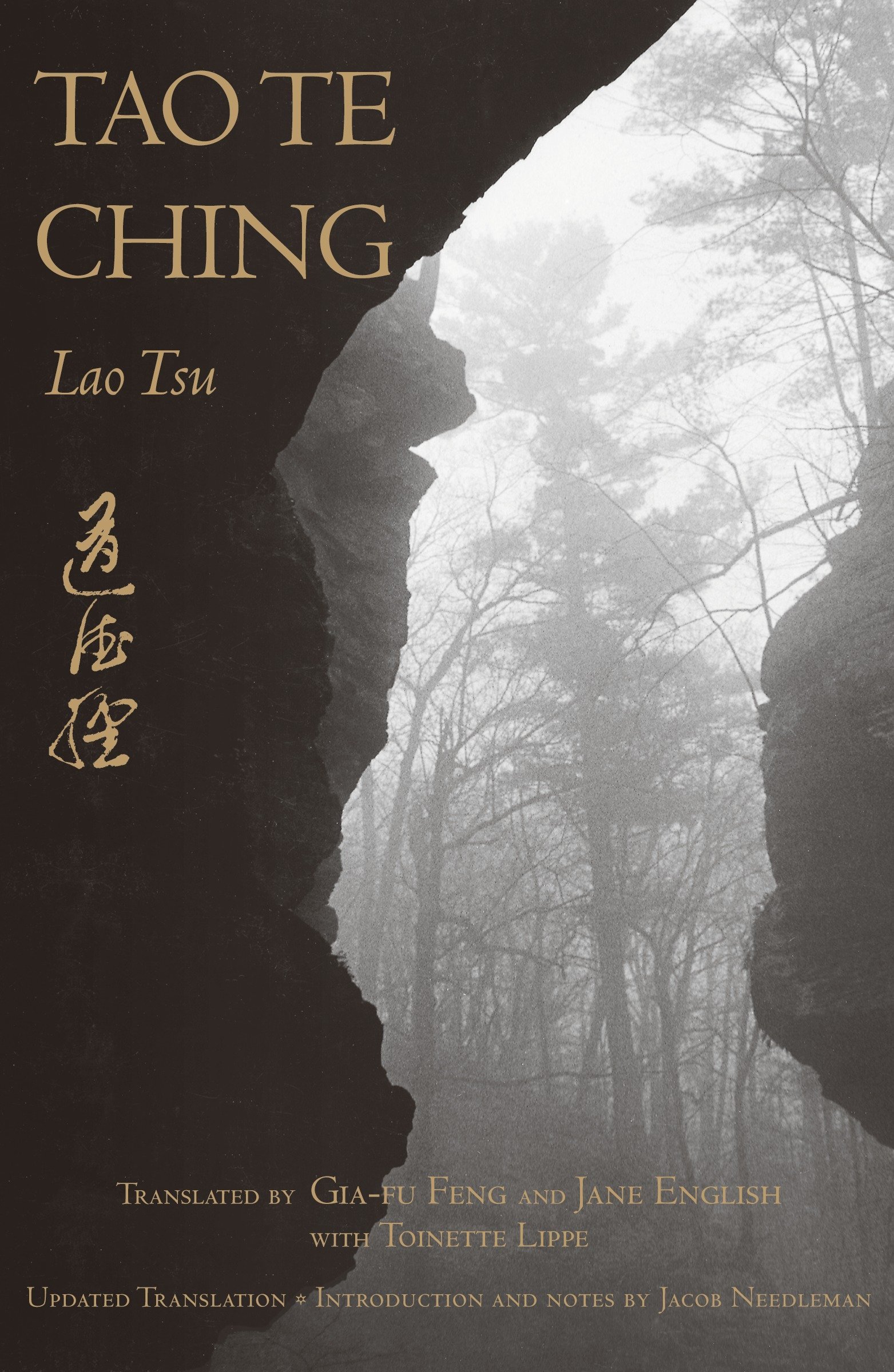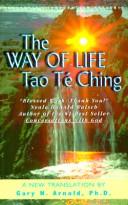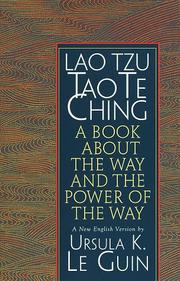Laozi (, Chinese: 老子), also known by numerous other names, was a semilegendary ancient Chinese Taoist philosopher. Laozi is a Chinese honorific, generally translated as "the Old Master". Traditional accounts say he was born as Li Er in the state of Chu in the 6th century BC during China's Spring and Autumn Period, served as the royal archivist for the Zhou court at Wangcheng (modern Luoyang), met and impressed Confucius on one occasion, and composed the Tao Te Ching before retiring into the western wilderness. Chinese folk religion holds that he then became an immortal hermit or a god of the celestial bureaucracy under the name Laojun, one of the Three Pure Ones. A central figure in Chinese culture, Laozi is generally considered the founder of philosophical and religious Taoism. He was claimed and revered as the ancestor of the 7th–10th century Tang dynasty and is similarly honored in modern China with the popular surname Li. His work had a profound influence on subsequent Chinese religious movements and on subsequent Chinese philosophers, who annotated, commended, and criticized his work extensively. Since the 20th century, however, archeological finds and textual criticism have caused some modern historians to question Laozi's timing or …
Laozi
Author details
- Born:
- April 2, 579
- Died:
- April 2, 499
External links
Laozi (, Chinese: 老子), also known by numerous other names, was a semilegendary ancient Chinese Taoist philosopher. Laozi is a Chinese honorific, generally translated as "the Old Master". Traditional accounts say he was born as Li Er in the state of Chu in the 6th century BC during China's Spring and Autumn Period, served as the royal archivist for the Zhou court at Wangcheng (modern Luoyang), met and impressed Confucius on one occasion, and composed the Tao Te Ching before retiring into the western wilderness. Chinese folk religion holds that he then became an immortal hermit or a god of the celestial bureaucracy under the name Laojun, one of the Three Pure Ones. A central figure in Chinese culture, Laozi is generally considered the founder of philosophical and religious Taoism. He was claimed and revered as the ancestor of the 7th–10th century Tang dynasty and is similarly honored in modern China with the popular surname Li. His work had a profound influence on subsequent Chinese religious movements and on subsequent Chinese philosophers, who annotated, commended, and criticized his work extensively. Since the 20th century, however, archeological finds and textual criticism have caused some modern historians to question Laozi's timing or even existence, believing that the received text of the Tao Te Ching was not composed until the 4th century BC Warring States Period.



